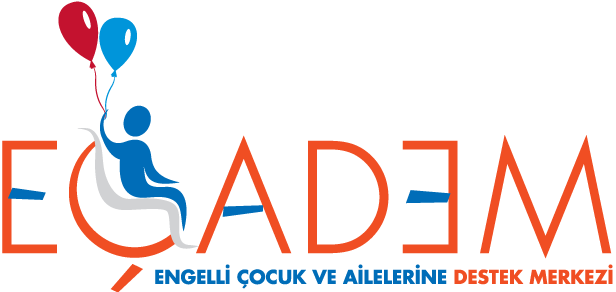At EÇADEM, personalized individual or group activities are planned accordingly. Taking into account the needs and skills of the mentally disabled individual, studies are carried out to increase their participation in daily life activities, ensure their social integration, and improve their functionality. Ergotherapy aims to enable the individual to perform his daily activities more effectively in areas where he has difficulty in his daily life. Each individual has unique needs and occupational therapy is planned according to these needs.
Individuals are evaluated using appropriate evaluation tests in 6-month periods. Following the evaluations, the occupational therapist creates a new work plan tailored to the individual’s needs. This usually refers to an activity-based process in which a variety of therapeutic techniques are used and adapted tools or strategies are applied.
Main Aims of Occupational Therapy for Mentally Disabled Individuals:
Gaining Independence: Individuals with intellectual disabilities can increase their independence by learning and developing basic life skills through occupational therapy.
Increasing Social Participation: Occupational therapy allows individuals to play an active role in society. Strengthening social skills and increasing their ability to interact socially play an important role in this process.
Developing Sensory and Motor Skills: The sensory and motor skills of mentally disabled individuals may be developed differently than their peers. Ergotherapy includes special studies to eliminate deficiencies in these areas and focuses on strengthening these skills of the individual.
How Ergotherapy Works in Our Center:
Individual Assessment: At the beginning of occupational therapy, the individual needs and strengths/weaknesses of the mentally disabled individual are evaluated. As a result of this evaluation, a personalized program is created.
Goal Setting and Program Development: In line with the determined needs, the goals that the individual must achieve are determined and plans are made accordingly. This program may cover areas such as daily living skills, communication skills, social interaction, and academic skills.
Implementation and Evaluation: Regularly evaluates the individual’s progress. If necessary, the program is revised and adapted to the needs.
